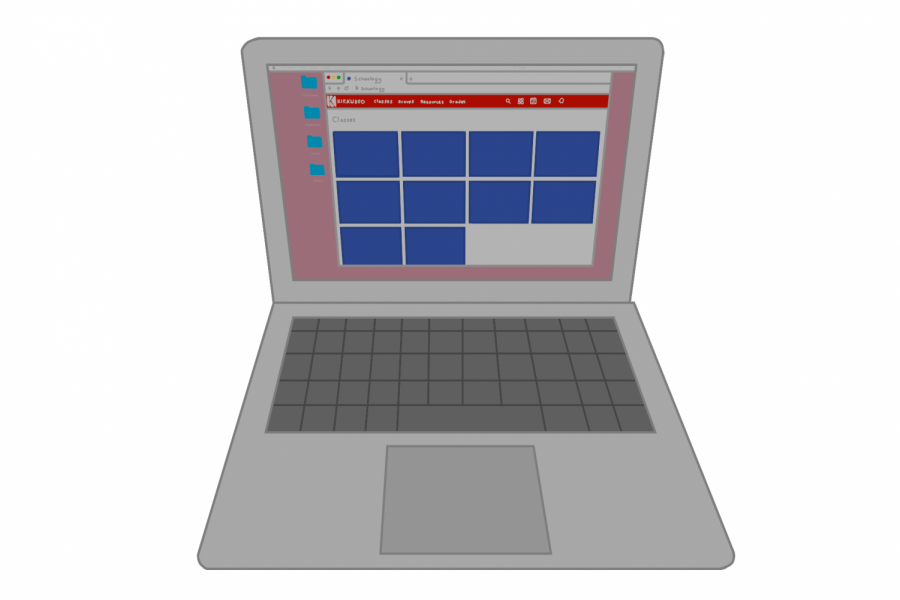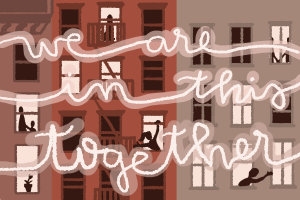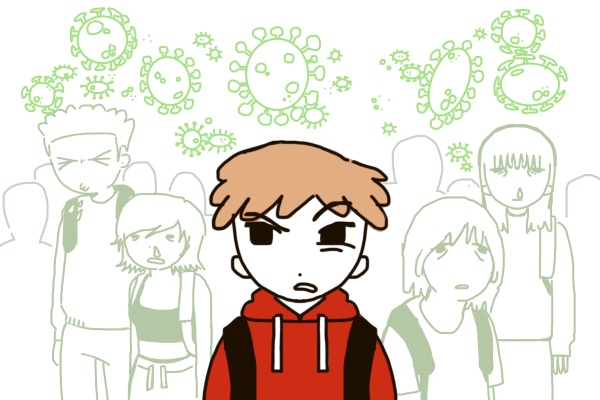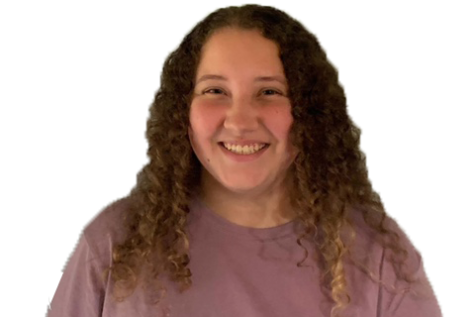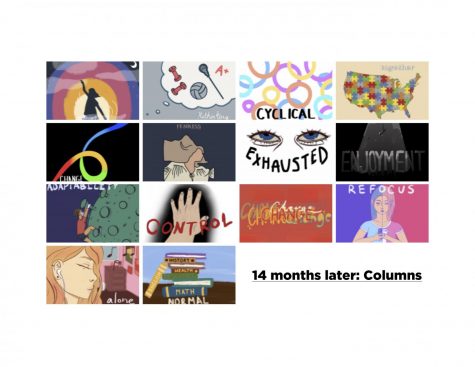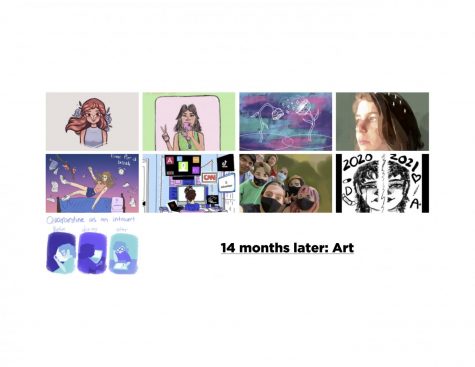How e-learning has affected teachers and students
March 13, 2020. This Friday wasn’t categorized by scares, screams or gore — but it was the final day before a frightening reality for KSD students began: the end of normalcy.
March 13, 2020. This Friday wasn’t categorized by scares, screams or gore — but it was the final day before a frightening reality for KSD students began: the end of normalcy. This was the last day students physically walked onto campus for the 2019-2020 school year. Since then, it has been announced that students will not return to campus for the remainder of the year, leaving teachers and students to rely on e-learning for academics.
Whether students are submitting their work at 12 p.m. or 12 a.m., everyone is adjusting to e-learning in quarantine. Many teachers are providing assignments in a way that allows students to work at their own pace.
“My teachers give assignments all at the beginning of the week, and some of them have a schedule laid out,” Sarah Nuemann, freshman, said. “I devote two hours from 10 a.m.-12 p.m. for work. I have lunch, then from 1-2 p.m. I have time devoted for more work, and it is really flexible.”
Nuemann said she finds the lack of face-to-face communication difficult during this time. Not being in class has proven to be one of the biggest roadblocks for e-learning.
“The most difficult part about learning online for me is not having a teacher right there with you, so if you get stuck on something or confused on something I can’t just immediately go ask the teacher for help,” Nuemann said. “It is harder for them to explain to you how to do it and how to go through it.”
Despite some of the setbacks e-learning has brought, teachers like Christine Schwalb, U.S. history teacher, have found positives. She said that she has seen a shift in some of her students work ethic over the past month.
“I think some students are enjoying the independence and the flexibility [e-learning provides],” Schwalb said. “I have also seen some students who struggle in class be the ones who are the first to turn any lesson in and it’s a different side of them to see, and they are doing really good work and have very thorough and thoughtful answers.”
Many teachers have drastically changed or even eliminated certain assignments due to e-learning. As a history teacher, Schwalb said she finds it difficult to narrow down her lessons to the most essential content.
“The difficult part of planning lessons has been to try and think about how we can convey a topic or event in a way that we can give enough context that it will make sense and be meaningful,” Schwalb said. “And trying to make sure there is a variety, so we will do some videos this day, trying Nearpod [an interactive learning platform] every once in a while.”
Many people had concerns over how AP classes and exams would work before KSD went strictly to e-learning for the remainder of the year. Schwalb teaches AP US History, and said that she has had to put a lot of trust into her students.
“Sometimes I feel like teachers can be very easy to be jaded by the kids who try to cheat the system and turn in other kids’ work, and do the kind of stuff kids do,” Schwalb said. “In AP, I just need to keep assuming positive intentions. If they are getting 100% on the quiz it is because they have done the work and know the information, even if I can’t see it.”
AP Government student Jack Hudson, junior, said he is nervous for his exam. The AP Government exam has been changed to include only the writing portion.
“I’m a little nervous because the writing portion of the test was never my strong suit and now the test is all writing,” Hudson said. “I know colleges are going to be looking at it a little less harshly this year so that reassures me, but it’s a big change and while it is a shorter test, it’s still my least favorite part of the test.”
Although Hudson said that e-learning has been slightly harder and communicating with his teacher is difficult, he is doing what he can to prepare for his exam. He said he also has a good daily schedule and that e-learning is overall manageable.
“I try to wake up around eight and start work around nine, and I normally go in order of my classes as they would actually be in the day,” Hudson said. “I like the way some of my teachers are handling it. Overall it is not really that bad, [and] I’ve gotten used to it over the past couple of weeks.”
No one is quite certain how and when students and staff will return to school next year. Schwalb explains that she is curious about what the halls of KHS will look like next year.
“I think the next big topic that everyone is starting to think about is what are things going to look like in the fall, and that is freaking me out,” Schwalb said. “Thinking there is a chance that we wouldn’t come back in the fall, like this seems all doable, but that doesn’t seem doable.”
Your donation will support the student journalists of Kirkwood High School. Your contribution will allow us to purchase equipment and cover our annual website hosting costs.

she/her
Hobbies and Interests: writing, baking, hanging out with friends, bullet journaling, watching movies
Favorite song: good 4 u by Olivia Rodrigo
Favorite...

he/them
Hobbies and Interests: I love reading, drawing, hanging out with friends, playing with my dogs, listening to music
Favorite Song: “World's...


